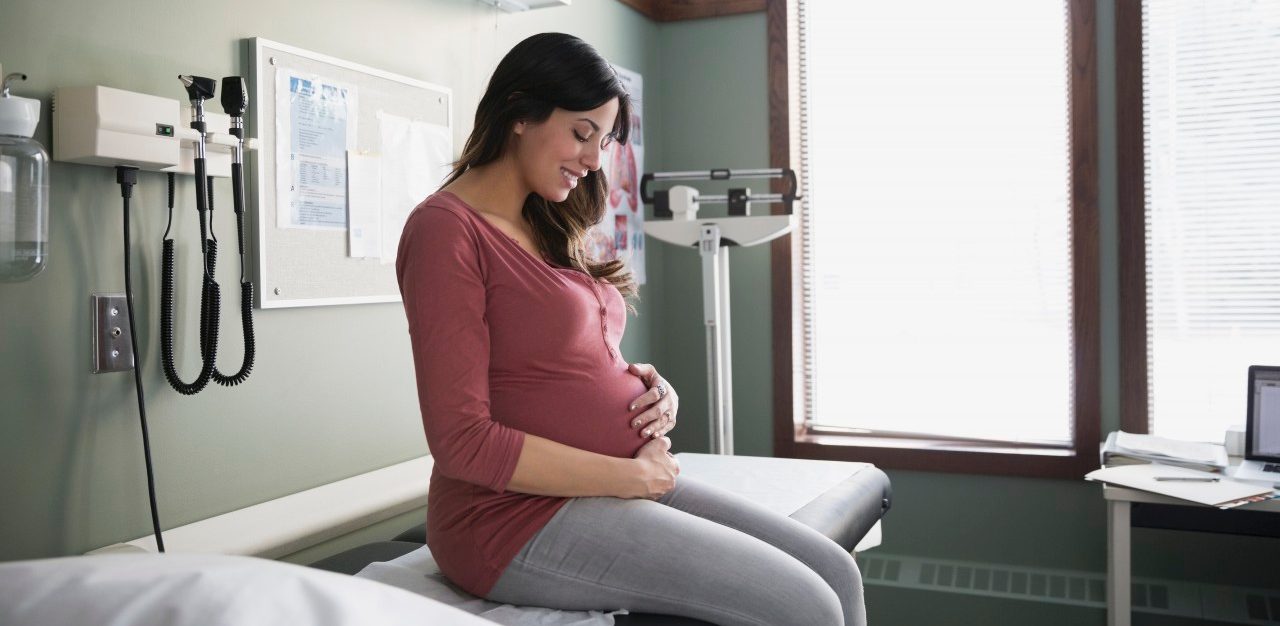Early Pregnancy Discharge

When you are pregnant, it’s normal to note body changes, and some may spark concern. Early pregnancy discharge is common and often normal — but not always.
During pregnancy, your body goes through a host of changes. Many are obvious and expected — especially if you’ve been pregnant before — but some may come as a surprise. Experiencing discharge, spotting, and bleeding early in pregnancy can be alarming, but it’s not uncommon and may not indicate a serious problem.
However, it’s important for the health of you and your unborn baby to know when early pregnancy discharge is likely normal, and when it’s a sign you need to call your doctor right away.
YOU MIGHT ALSO LIKE: Our Pregnancy and Childbirth section
Early pregnancy discharge is often normal
Whether you are pregnant or not, the glands inside your vagina and cervix make small amounts of fluid that flow out of the vagina, carrying old cells away. It’s a natural way the body keeps your vagina clean and healthy, the American Academy of Family Physicians explains.
Vaginal discharge is usually clear or milky and doesn’t have a foul odor. The color and thickness can change if you ovulate, are sexually stimulated, breastfeeding, or pregnant.
Early pregnancy discharge is usually more abundant. Called leukorrhea, this normal vaginal discharge is white, milky, mild smelling, and has a thin consistency, according the American Pregnancy Association.
This vaginal discharge is normal during pregnancy — so don’t attempt to stop it or cover it up with douches or tampons. Instead, use panty liners if the discharge makes you uncomfortable, and talk to your doctor if you about any concerns you have.
Not all early pregnancy discharge is normal, and it may indicate vaginitis — inflammation of the vagina caused by an infection or an upset in the normal balance of vaginal bacteria. Symptoms typically include itching, pain, and a discharge that may have an unpleasant odor. The vaginal discharge can be green, yellow, gray, or white, and unusually thick.
For example, the yeast infection candidiasis is a common vaginal infection during pregnancy. Symptoms include a thick cottage-cheese like discharge, intense itching, painful intercourse, and swelling of skin around the vagina.
Bacterial vaginosis usually is caused by an overgrowth of a certain kind of common bacteria. The sexually transmitted diseases (STDs) chlamydia and gonorrhea can cause abnormal vaginal discharges, too, whether you are pregnant or not. Never try to treat any potential infection yourself, even with topical ointments. Instead, contact your doctor for a diagnosis and treatments that are safe during pregnancy.
Bleeding in early pregnancy
During the first 12 weeks of pregnancy, it can be frightening to notice an early pregnancy discharge containing blood. However, spotting and bleeding in early pregnancy is not uncommon. About 20 percent of pregnant women report they’ve experienced early pregnancy spotting or bleeding, the American Pregnancy Foundations points out.
Spotting refers to very slight bleeding, usually noticed as a few drops of blood on panties or toilet paper. Causes of spotting in early pregnancy include implantation bleeding. This can occur when the fertilized egg attaches to the uterine lining, causing spotting or slight bleeding for few days, often before a woman even knows she is pregnant.
A cervical polyp may cause spotting or light bleeding during pregnancy due to an increase in estrogen. Contact with this benign growth during intercourse or a doctor exam can trigger spotting, and so can heavy lifting and excessive exercise.
Usually, spotting in early pregnancy is no cause for alarm, although you should notify your doctor. Bleeding early in pregnancy is more concerning, especially if the flow of blood is so heavy you need to wear a pad, as if you were menstruating.
Vaginal bleeding in early pregnancy can be a warning of a serious problem. For example, some of the most common causes of bleeding early in pregnancy are an ectopic pregnancy or a miscarriage that is taking place or is in danger of occurring, according to the American Academy of Family Physicians. Other causes of early pregnancy bleeding include infections, hemorrhoids, and, rarely, cervical and pregnancy-related cancers.
Bottom line? Never diagnose or treat early pregnancy discharge yourself
You should notify your doctor any time there is a change in normal pregnancy discharge. Never try to diagnose and treat yourself.
Call your doctor immediately if you experience spotting of bleeding that fills a pad and lasts longer than a day. If you experience pain or cramping, especially when accompanied by bleeding, seek medical attention right away. Heavy bleeding or severe pain are signs you need to call 911 or be taken to the emergency room immediately, the American Academy of Family Physician emphasizes.
Updated:
June 25, 2019
Reviewed By:
Janet O’Dell, RN